Talking Real Estate
Remember: the market value for a property cannot be scientifically established nor arbitrarily insisted on.
Hi folks,
Negotiating the selling price of a property is often the most emotionally difficult part of the selling process, especially for vendors. After all, purchasers can always move onto another property if they don’t like the vendor’s counteroffers but vendors are there until the property is sold. The sense that so much money is riding on one decision heightens emotions all round. In the heat of the moment, vendors often think that moving from their original asking price means they are “losing money”, while purchasers are afraid of “going too high”.
It helps to remember that market value for any property cannot be scientifically established or arbitrarily insisted on. The point or price that is neither too little nor too much depending on where you are standing is arrived at by small (usually!) adjustments until the two parties evolve to a position they find mutually satisfactory. Neither the vendor’s “I won’t take any less than…” nor the purchaser’s “This is my final offer” actually determine the price. In the course of negotiation, the vendor’s desire to get the highest price is offset against the purchaser’s desire not to pay too much.
Neither wants to miss out – vendors on sales, purchasers on properties they have set their heart on, but it helps to remember that ultimatums usually bring negotiations to an end.
The New Shorter Oxford Dictionary (1993) says: “It is not a negotiation when one party says “This is what I want.” It is easy to forget that market forces dictate prices and vendors who say: “We need $x to buy what we want” and purchasers who say “This is my one and only offer, take it or leave it” need to ask themselves whether they have based their figures on analysis of past selling prices for similar houses, and not on their own wishful thinking. Whether you’re a purchaser or a vendor, leaving a window open for negotiation usually means you won’t get the door closed on the sale.
Where the balance of power lies in negotiations depends on the market. In a sellers’ market, vendors can, and do, make ultimatums and hold out for dream prices, while in a buyers’ market it is the buyers who have the upper hand in any negotiations.
The ultimatum ball is ultimately in the vendor’s court: after all they have the most to lose by scaring off a purchaser by high handed tactics.
Vendors who refuse to negotiate because they don’t like a purchaser’s initial offer never find out the highest price their would-be purchaser is prepared to pay. (Sometimes even the purchaser doesn’t know until they have negotiated their way there!) Even if the highest offer a purchaser makes is unacceptable, at least it provides a point of comparison for future offers.
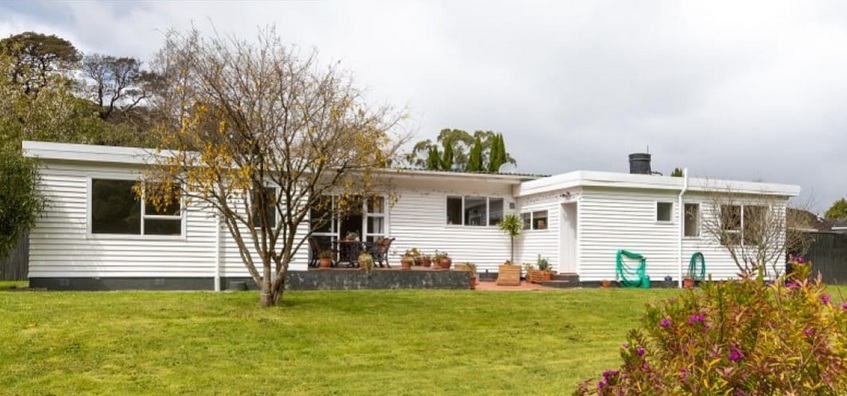
Elections come around regularly, do they really affect the Real Estate market?
Hi folks,
A general election can have a dampening effect on the housing market with many people likely to adopt a "wait and see" approach and delay making sale or purchase decisions until the election is over.
Property valuation and market analysis company Valocity has analysed property sales trends around the 2014 general election and compared them with trends in 2013 and 2014 to see if that election had a noticeable impact on the market.
It found sales volumes nationwide were down an average 8% per month between the time when the date of the election was announced in March 2014 and it taking place in September that year, when compared to the same periods of 2013 and 2015.
The effect was even more pronounced in Auckland, with monthly sales down and average of 23% between the date when the election was announced and it being held.
Valocity Valuation Manager James Wilson said the drop in sales was clearly uncharacteristic when compared to sales patterns from the previous and following years and was likely caused by the market adopting a wait and see approach.
However the figures also showed that there was a sharp uplift in sales once the election was over and the outcome was known, and the upturn continued into the following year.
My own experience regarding elections since 1997 in the UK and NZ is that yes, the market goes quiet while everyone adopts a “wait and see” policy but it returns to normal when absolutely nothing changes when the results are in.
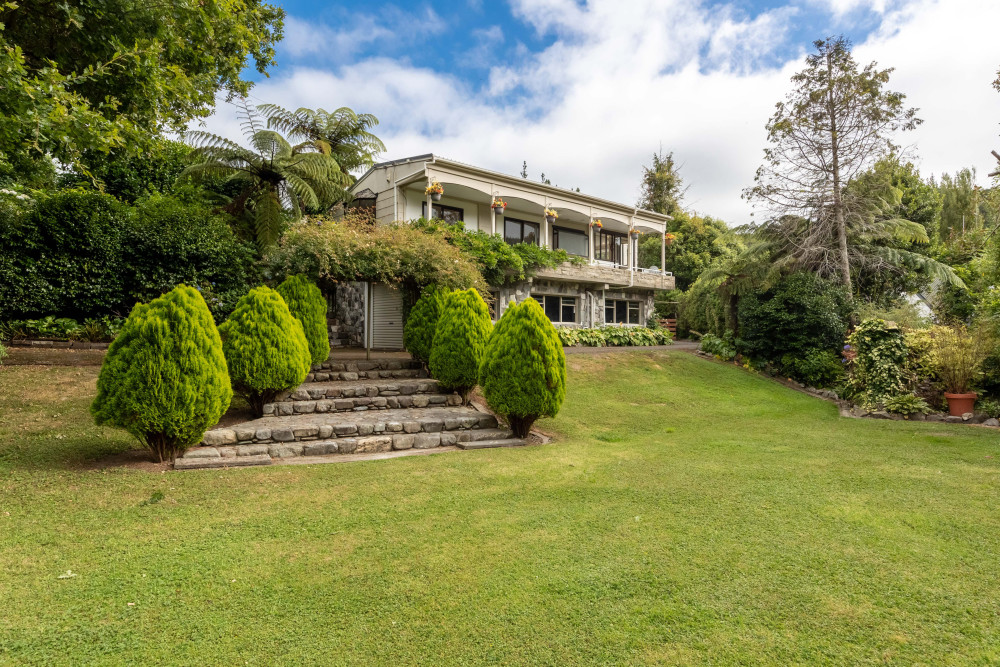
In a deflated market it’s better to trade up.
Hi folks,
This is a particular topic that most of my vendors have heard before: the reason why it’s better to trade up in a deflated market. Many homeowners look at the market and think they have missed the best time to sell their home. They think that it’s smart to wait until the market ‘picks up’ before they get that extra bedroom or the rumpus room they now need for their growing family. Is this really good thinking?
Many homeowners forget what is taking place when they trade up. They fail to take into account that buying a home more expensive than the one they are selling gives them an opportunity to make money on the transaction. If the reason they think it’s ‘not a good time to sell’ is because they ‘will not get a good enough price’ for their home, then the logical next step is to realise that if the market prevents them from getting the price they want, it will also affect the sellers of the property they are trading up to – with a net gain to the person who is trading up. If you are selling a house for $300,000 that you feel should be worth $330,000 and buying one for $400,000 in the same market, then the same would apply to the owners of that home; the more expensive home (working on the same percentage of 10%), should have achieved $440,000. In net figures, the person who is trading up stands to gain $10,000.
In fact, there are other advantages to trading up in a buyers’ market.
Because prices are stable and properties often take longer to sell, once vendors have sold their original property there is no rush to buy. They can take their time choosing and negotiating their next purchase without having to watch the gap between the price they got for their original property and the price they have to pay for their next one increasing at an alarming rate.
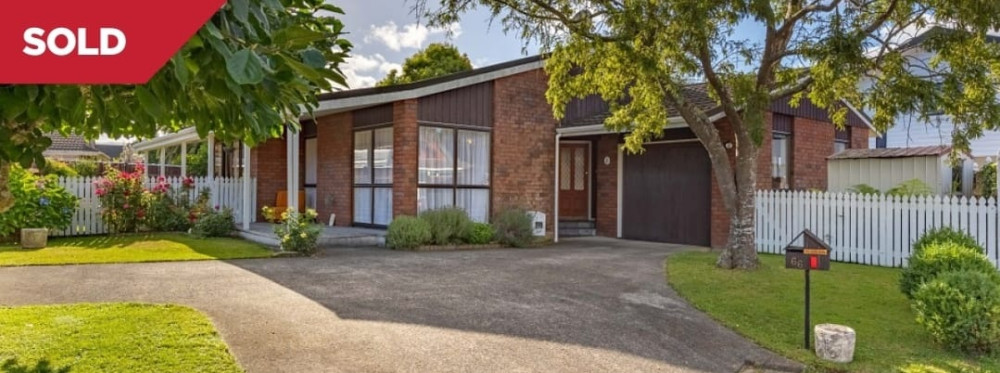
Selling in Winter? Don't forget your exterior!
Hi folks,
I thought I would offer some thoughts on focusing on winter presentation. Many people concentrate on interiors when putting their house up for sale. For good reason, the inside is where purchasers will be living and sleeping. But overlooking the exterior of the house can undo some of the good work home sellers have done inside when they de-clutter, paint and generally pay attention to maintenance.
Purchasers start making judgements from the minute they step out of the car and a bad first impression can stay with them when they go inside. Untidy or damaged gutters, cobwebs or overgrown gardens brimming with weeds, might just make purchasers decide you don’t care about your home and make them wonder how good your attention to detail is in the areas they can’t see such as plumbing and wiring. Cleanliness is important, even people who don’t mind their own dirt and clutter usually notice other peoples. Before putting the house on the market, stand at the curb and have a critical look. This is the first view your purchasers will see. Does it measure up? Here are seven things that are easy to do and will make a difference to the exterior of your house.
- Sweep paths and decks.
- Clean gutters, window frames and eaves.
- Don’t forget to wash outdoor or deck furniture if you have it -in winter it is easy to overlook if you’re not using it like you do in summer. If it is grungy and decrepit, borrow or buy something that suits your home. It’s not expensive in the scheme of things.
- Clear away odds and ends -even those that are lurking in the less visited parts of the garden. Remember purchasers will see EVERYTHING. Old plant pots and broken toys or tool, even the half-finished projects or building materials that look like works in progress to you, all these spoil the look of your house.
- Organise for high pressure hoses to clean mould or moss from brick work or stone.
- Invest in a bit of mulching -it makes garden beds look tidy and the property look nurtured and loved.
- Put in some colour where you know people will notice it. You can use pots if that is easier. Just make sure they are kept watered as drooping plants are worse than no plants at all.
There is no guarantee that with all these things done that the next person viewing will buy but remember you are in competition with a lot of properties and any advantage will help!
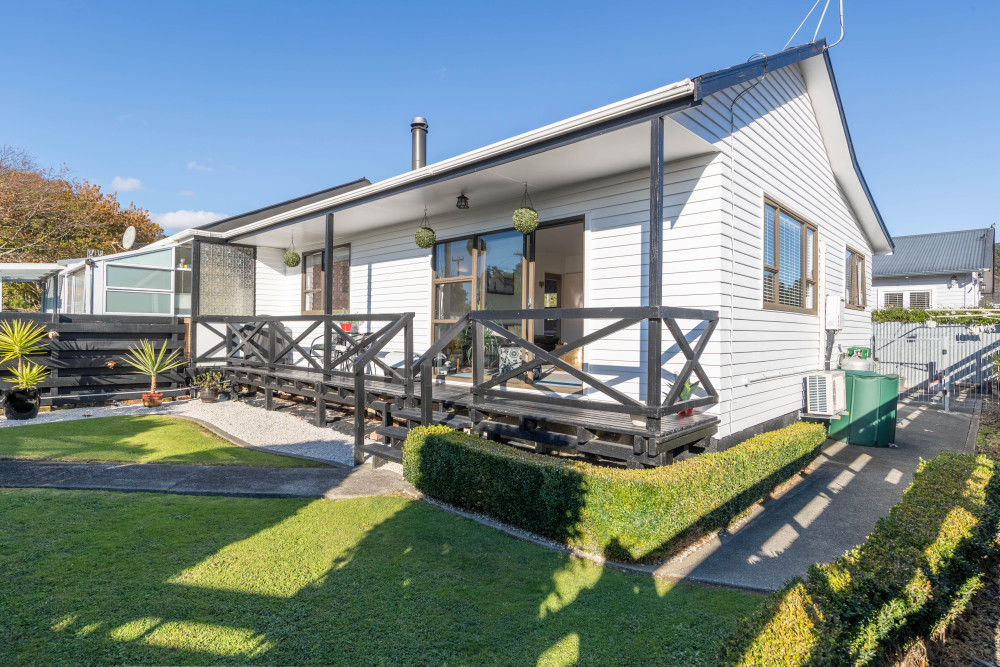
Hi folks, In the course of my work I find that realism in pricing is hugely important, the best price may be the soonest sale.
Hi folks,
In the course of my work I find that realism in pricing is hugely important, the best price may be the soonest sale. In New Zealand today many Vendors of residential property are experiencing a falling in the sale prices of their homes. At times like this it is even more important to price property keenly to sell, as ‘waiting for a better price’ often has the opposite result.
It is even more important at times like this for vendors to understand market forces and do their homework on previous selling prices. It is not the time for home sellers to choose as their selling agent the real estate agent who appraises the property at the highest price. It is the time to do sound research on current and projected property values before deciding on an asking price. Vendors who are prepared to be realistic when comparing their property with others that are similar usually sell for the best price in the long run. While no vendor is likely to compare a three bedroom townhouse with a five bedroom family home on a large block, it is surprising how often vendors think of, for example, a three bedroom house with a small sewing room or study as a four bedroom home, even though the floor area of the four bedroom that sold round the corner is greater.
In order to be a more informed client when it comes to strategies for the pricing of their property, vendors should ask their agent what is the average percentage difference between the selling and asking prices of comparable properties sold in the area. It is important to choose a professional agent who bases their opinion of market value on researched facts. While it is true that not all agents will offer this advice, it is equally true that not all vendors want to hear the realistic price range their property will fall into. Many vendors prefer to see agents enter into a competition that forces them to ‘buy’ a listing, secure their property for sale by being prepared to put the highest price on it, regardless of what the property is really likely to achieve, based on actual selling prices, all of which are in the public domain.
Hi folks, In the housing market, the concept of supply and demand – the forces of any marketplace – refers to the ratio of the number of buyers in the market…
Hi folks,
In the housing market, the concept of supply and demand – the forces of any marketplace – refers to the ratio of the number of buyers in the market at any given time to the number of houses for sale. In a buyers’ market there are lots of houses for sale competing for a small number of buyers. This means buyers are at an advantage. Properties tend to stay longer on the market, so purchasers have more time to do the research that makes them knowledgeable about exactly what they can get for their money. They have the time and the confidence to try to negotiate hard for a ‘bargain’. In this kind of market, buyers tend to be fussy about standards of maintenance, colour schemes and details that during a sellers’ market they often have to overlook in the race to actually secure a property before the prices rise even higher.
There are two main ways vendors can avoid being stuck with a ‘stale’ property that has been marketed, inspected and left on the shelf.
The first is attention to presentation and maintenance issues is important as buyers use any perceived flaw as evidence to support lower offers. The second and my personal favourite, since buyers have time on their side and lots of properties to choose from, vendors should take special care in setting the asking price to that it is competitive rather than off putting. When there are few buyers in the market, vendors can’t afford to hold out for unrealistic prices. The property should be priced to allow a small amount of room for negotiation but not too much or purchasers will simply put it in the too hard basket and move on.
Conversely, in a sellers’ market, vendors can often sell properties that are hard to sell in times when buyers can afford to pick and choose. Of course the question “Is the market good at the moment?’ depends on whether you have a property to sell, or one to buy. In reality, the market is often reasonably balanced between both housing stock levels and buyer numbers as it moves between extremes. And of course, most sellers of one property are buyers of another one at the same time, so that in a buyers’ market, vendors who feel they miss out on the roundabout of the sale should be able to gain on the swings of the next purchase.
Hi folks, Having just had my best sales month pretty much ever I thought I would address the issues of overpricing property.
Hi folks,
Having just had my best sales month pretty much ever I thought I would address the issues of overpricing property. Sometimes it could be a real estate agent not doing their homework properly but sometimes vendors go about putting a value on their homes result in unrealistic expectations of the ultimate selling price.
For example, some people decide to base the figure they will sell for on the amount they need to buy their next home which means they don’t think of the fact that the market works on supply and demand and that unless their property type is in short supply (i.e not many of them exist) and in high demand (lots of buyers would like to buy this type of property) buyers will simply find a cheaper similar property round the corner or down the street.
The best way that both agents and vendors can determine their likely selling price is to do their homework on local sales of similar properties, with emphasis on the word ‘similar’ because some people just can’t help over valuing their properties by looking at their own asset with rose-coloured spectacles (is the fourth bedroom really a bedroom or would it be better classed as an office. If a property’s features are over stated in the advertising materials, disappointed purchasers often point the finger at the ad writers or real estate agents when in fact the ‘puff’ is sometimes vendor driven as unrealistic vendors push for prices that only someone with the bias of ownership could come up with. Conversely, purchasers visiting their umpteenth open for inspection rarely come equipped with rose-coloured spectacles
Bridging the expectation gap can be a confronting experience for vendors and many only realise too late that timing is one of the most crucial aspects of achieving the highest price. If they keep the rose-coloured spectacles on for too long and turn down offers they later realise were reasonable, it is likely that the property will become stale and purchasers will lose interest. This is the scenario that vendors should avoid at all costs by taking a reality check early in the piece rather than waiting months until it becomes so obvious that the price is wrong that only the bargain hunters are still interested
I can confirm that I’ve been guilty of over pricing on occasion, where I thought a property would be more popular than it was or I fell in love with it and thought the market would do the same (it didn’t) but I remember the real estate truism I heard many years ago, “price fixes everything”. It’s as true today as it was when I first heard it.
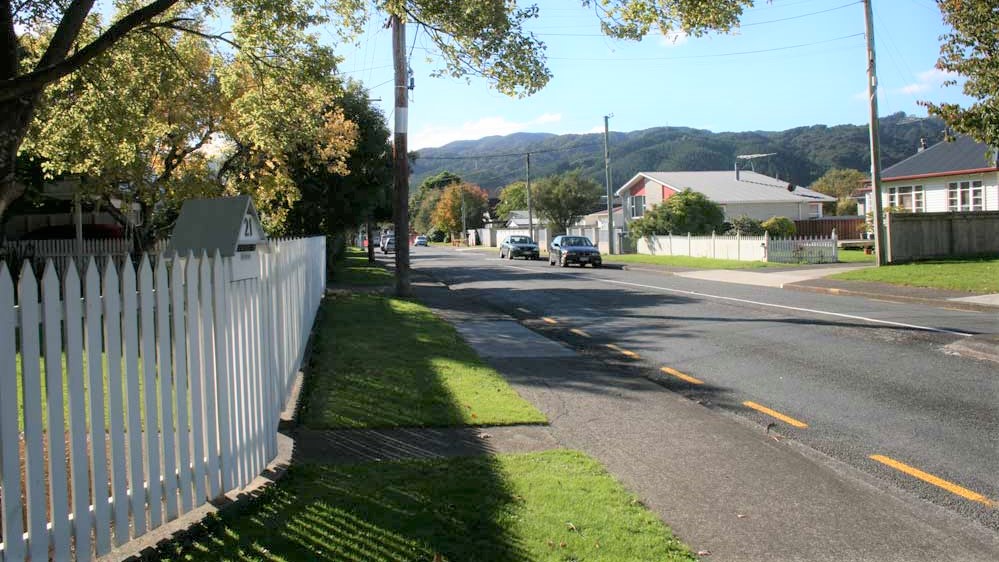
Renovating? Get an appraisal before you start.
Hi folks,
Considering areas outside of Wellington, such as our fair city, Porirua and the Kapiti Coast, are becoming more and more appealing to investors and out of town buyers, now could be a good time to consider sprucing up your house to sell.
Here are some important points to consider if you are seriously thinking of renovating
The first and most important is money! It can cost a bit of money to check the feasibility of your project. My suggestion is to have the property appraised by a trusted real estate agent, I gather Steve Slicker is pretty good. What’s the house worth now, what will it be worth with the work is done?
Make sure you have your finance sorted and understand how the process works from a financing perspective. It’s not as simple as the banks giving you access to all the funds needed for the project, they will want to see plans, valuations and builders fixed price contracts covering all the work. Funds may have to be progressively advanced.
So then do you want to renovate the property to live in or do you want to sell for a tidy profit?
This all depends on what outcome you are hoping to achieve from renovating. Everyone’s situation is different. Whatever you want to achieve, make sure you explore all options. What is the cost of trading up in the same area, compared with the cost of renovating and extending what you have?
Top areas to renovate that will add value:
Kitchen, bathrooms and think of your street appeal, what is your garden looking like? You could also consider adding another room

